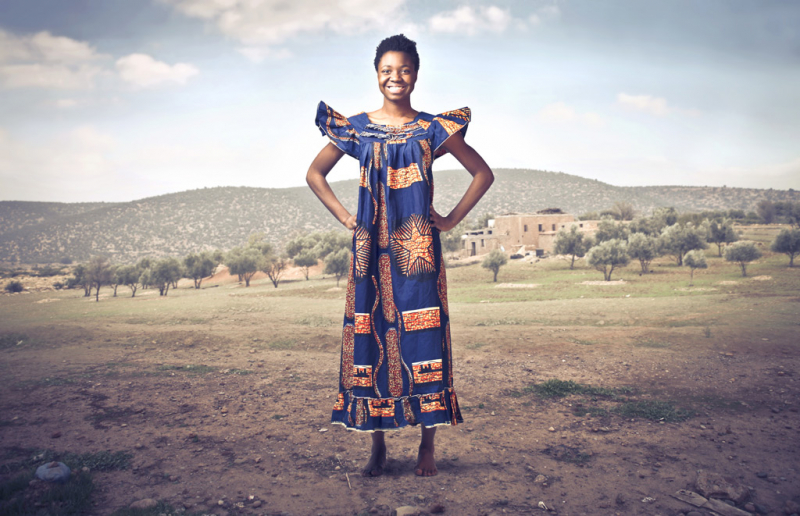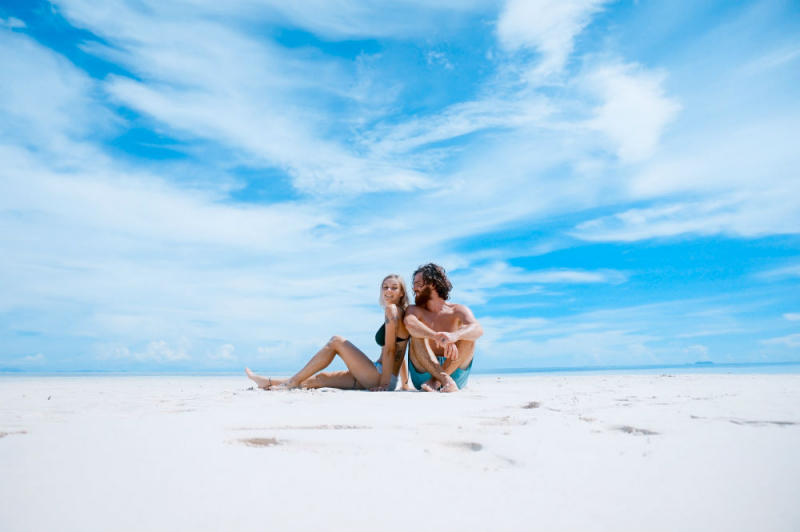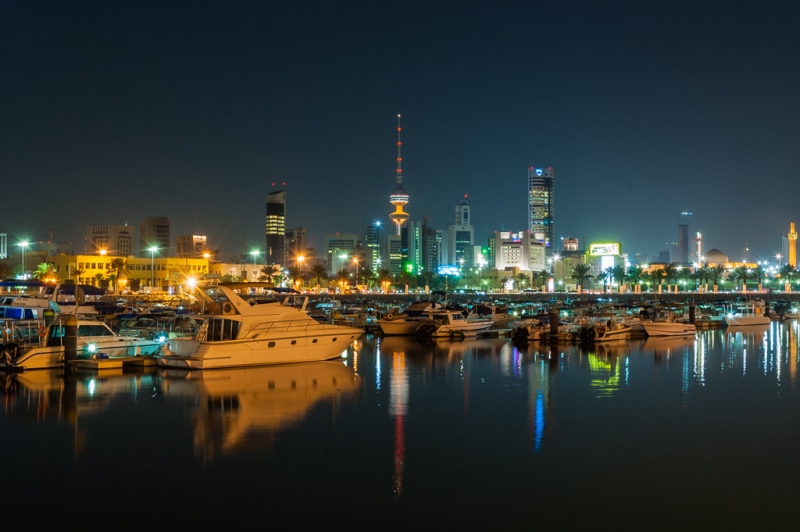
Kuwait has never been a popular tourist destination. Many cannot find this country on the map, or even do not know about its existence. The country spent many years under British protectorate and participated in a bloody war with Iraq, but today it is a well-organized and prosperous state, which is one of the seven richest countries in the world in terms of living standards.
Skyscrapers here are growing faster than mushrooms, sales of supercars are ahead of all imaginable forecasts, and for every Kuwaiti citizen there is one servant and one and a half migrant workers. The reason for the phenomenal wealth and high standard of living in this country is oil. The entire oil industry is state-owned – it was taken from the British after independence in 1961, and now not a drop of oil goes past the Emirati treasury. Everything is smart and competent. No dumping, no flirting with neighbors and competitors. While Iran is competing with Saudi Arabia to see who has the lowest oil price, the Kuwaitis are quietly adding dinar to dinar money into the treasury, building skyscrapers, highways, hotels and giant shopping centers.
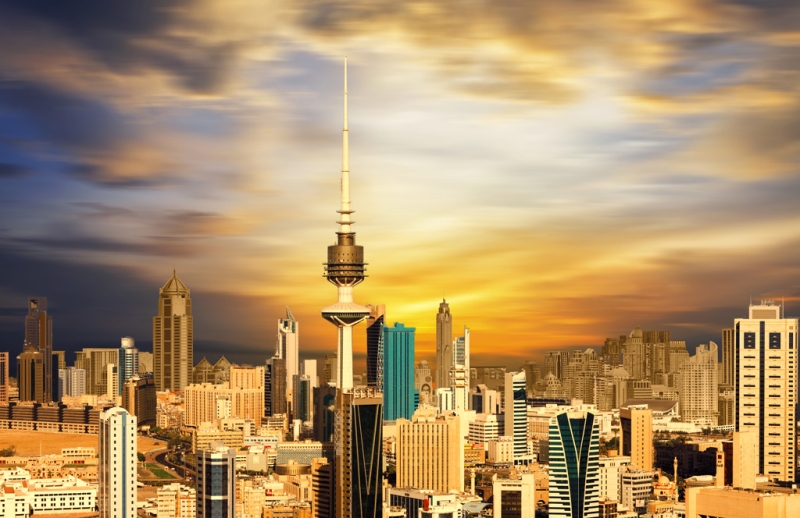
There is no agriculture in Kuwait. Fishing, which has been the source of food from time immemorial, is also there – schooners can only be seen in the museum, and the bay is cut through by powerful motor boats and expensive yachts. But thanks to oil, the GDP per Kuwaiti in 2015 amounted to more than $30,000 (in Russia – $8,400),
so the country can afford a lot.
The emir endowed the citizens with many benefits. First of all, it is free education. Particularly gifted students go to study in the USA, Great Britain, Germany, Singapore and other countries. In addition, every Kuwaiti receives free treatment in any country, interest-free housing loans from the state and generous financial support in difficult moments of life. For example, unemployment benefits in Kuwait are $800, and the minimum wage in the public sector is $2,500. But most importantly, when oil rises in price on the world market, the emir forgives all debts and all loans are written off.
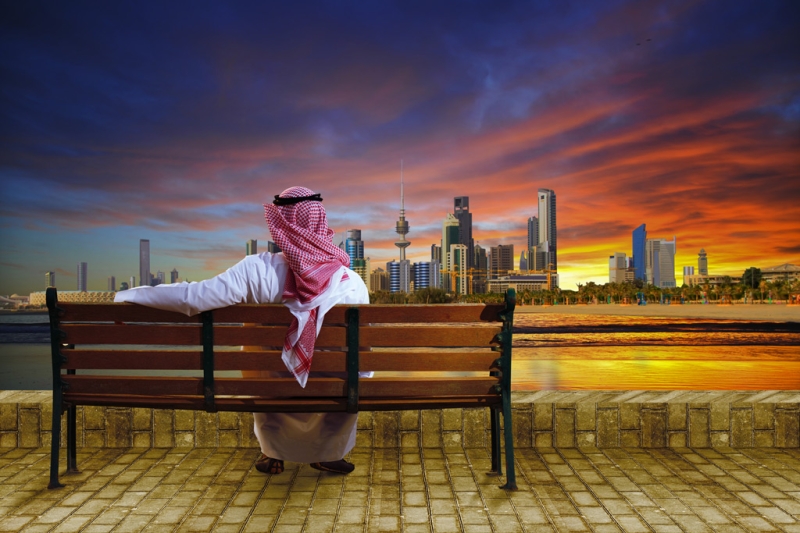
Children’s benefit in the amount of $200 per child is paid until he gets a job (and this happens at the age of 22-25). True, only if there are no more than five children. If the father has decided on a sixth and subsequent children, it means that he can afford this luxury and pays for their maintenance on his own.
Utilities are at the expense of the state. Even satellite TV is free if you watch open channels.
Gasoline in Kuwait costs less than drinking water – a liter of fuel costs about 16 rubles, and a liter bottle of the cheapest fresh water costs 25 rubles.
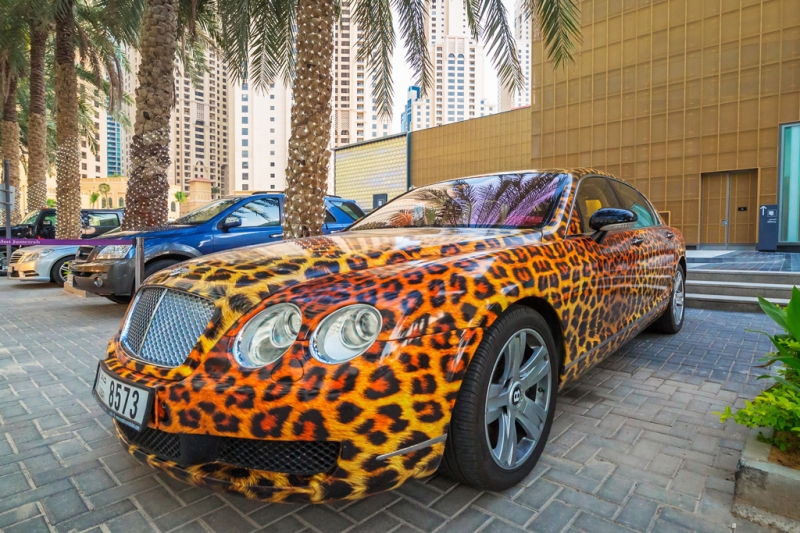
True, there is one “but” in all this – benefits apply only to 1.1 million people out of a population of 3.5 million. The ancestors of this million had documents of residence here since 1927, when the borders of Kuwait were determined. They have blue passports. All other locals are called “beduns” (there are about 200 thousand of them now),
they have a “gray” passport, which only gives them the right to reside in Kuwait, but they are not accepted to work in the administration, serve in the army or serve in the police. They can wait for decades for the mercy of the emir, who, on major holidays, grants citizenship to 20–30 people. A foreigner can also obtain citizenship, but for special merits, for example, feat in war.
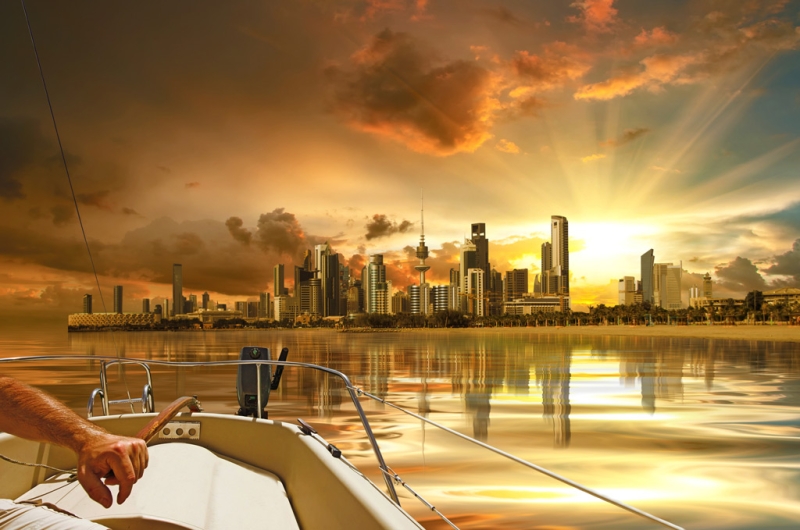
As a result, almost every Kuwaiti citizen is not only rich and does not have to worry too much about his future, a roof over his head and fruit on the table, but also has a personal servant. If you go to the market or to the store, you will see a servant with a cart following a man in a white dishdasha or a woman in a black hijab walking imposingly. The owner only indicates which fruits he liked and pays the seller, and the servant puts the purchases in bags and carries them.
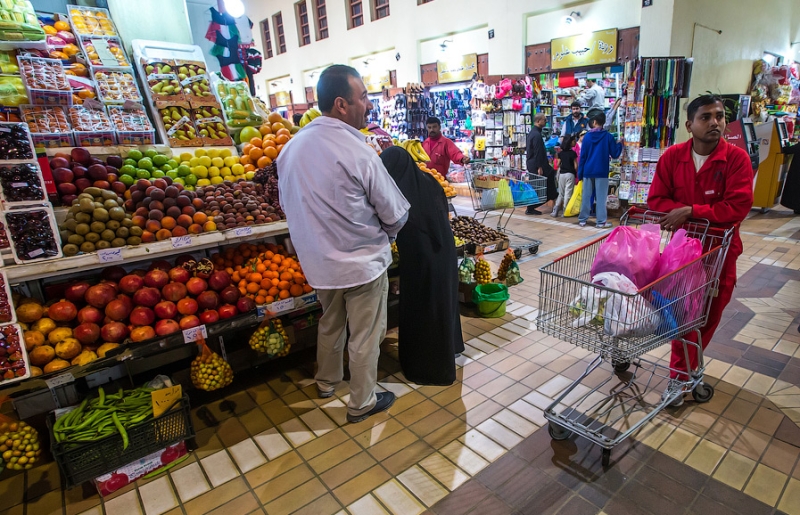
Visually, Kuwait is very far behind the same Emirates or Qatar: there is not yet that insane number of skyscrapers, Rolls-Royces and places to spend time in luxury style, but it is rapidly approaching its neighbors in this part.
This “lag” is due to the devastating war with Iraq in the early 90s. After it, Kuwaitis were afraid to invest in their country for a long time, fearing a repeat of the war and the loss of all investments. But with the fall of Hussein’s regime, Kuwait began an endless boom in investment, construction, consumption and development.
To realize how much money people have, just go to any jewelry store or giant mall. You will hardly find thin gold chains or small rings in shops. Instead, all the walls will be hung with massive gold belts with prices ranging from 10 thousand dollars and above, and in the display cases there will be rings with large diamonds or other precious stones.
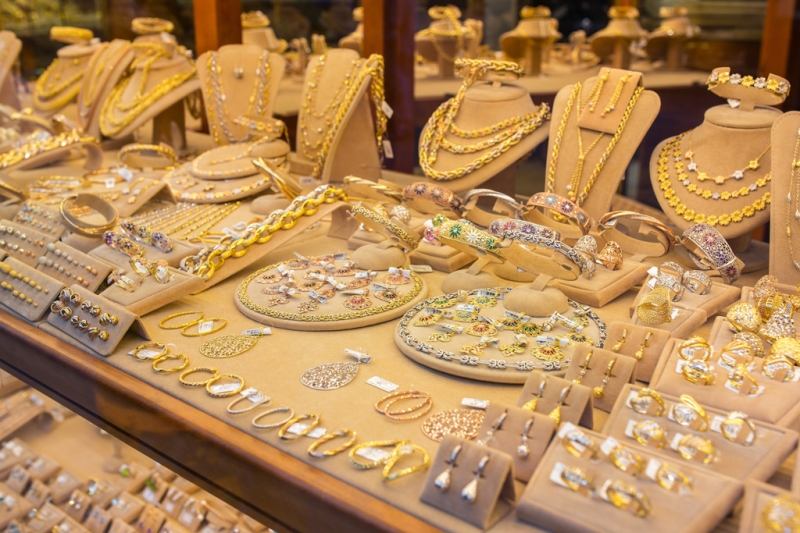
Despite the fact that many women wear a hijab and cannot even demonstrate it to others. Only at home, and only to my husband.
In general, Kuwaitis adore their 86-year-old Emir Sabah al-Sabah, are proud of their country, and would never trade their blue passport for any other.
It’s convenient to search and book a hotel on OneTwoTrip. The service offers more than two million accommodation properties worldwide.
Source: aquatek-filips.livejournal.com
